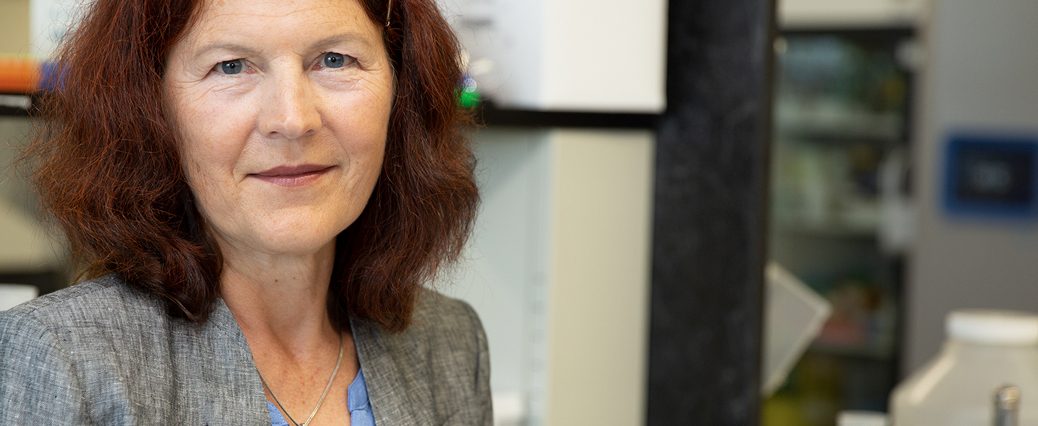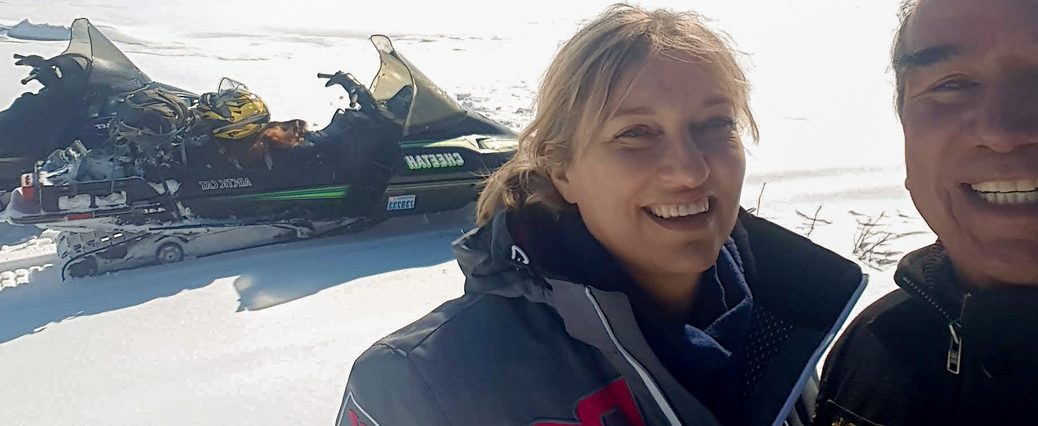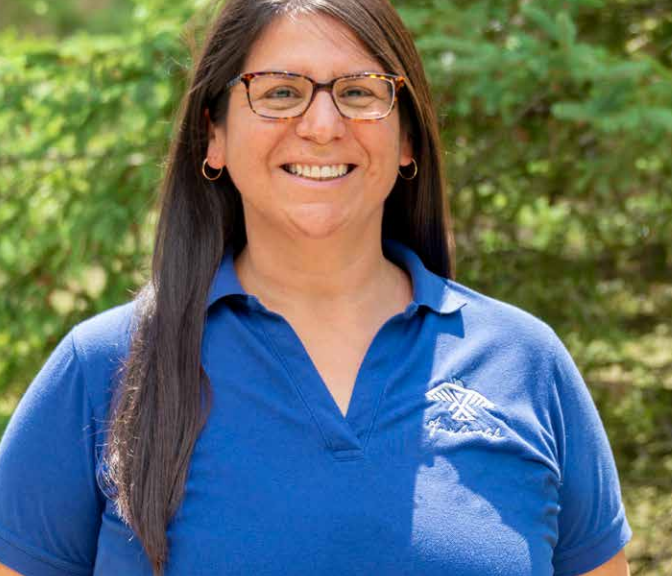Dr. Marina Ulanova has been studying Haemophilus influenzae infection in Northwestern Ontario for the entirety of her 13 years as a faculty member at the Northern Ontario School of Medicine.
Despite its name, Haemophilus influenzae has nothing to do with the flu, says Ulanova. While the flu is caused by the influenza virus, Haemophilus influenzae is a bacterial infection. There are several types of Haemophilus influenzae, which can cause invasive infections, leading to serious illnesses including pneumonia, meningitis, sepsis and epiglottitis, all of which can result in permanent disability or death.
Prior to 1990, Haemophilus influenzae type B (HiB) was the most common cause of pediatric meningitis in Canada, according to data from the Public Health Agency of Canada. In the early nineties, a vaccine targeting this specific type of the bacteria became widely available, after which HiB infections became incredibly rare.
However, as the rate of HiB infections in Canada began to decline, infections caused by other types of the Haemophilus influenzae bacteria began to increase, specifically type A (HiA).
Throughout her tenure at NOSM, Ulanova and her research team have made numerous significant discoveries about HiA, including its prevalence in Northwestern Ontario and in Indigenous versus non-Indigenous populations in the region, as well as about natural immune defenses against this infection.
A study led by Ulanova found that 50 per cent of invasive Haemophilus influenzae disease in Northwestern Ontario since 2002 have been caused by HiA, compared with 5 per cent in the rest of the province. Moreover, it appears that Northwestern Ontario has one of the highest incidence rates of invasive HiA disease in any region in the country, second only to Nunavut.
Her research team also discovered that the rate of HiA invasive disease was much higher in Indigenous populations in the region when compared to non-Indigenous populations.
Data from her team’s research has contributed significantly to the development of a new HiA vaccine currently being tested by the National Research Council.
Ulanova says she is proud that her research has been able to both identify a problem and contribute to the solution.
“When I first started this research, Canada’s Immunization Monitoring Program ACTive (IMPACT) was only reporting cases of invasive HiA disease from 12 Canadian pediatric hospitals, and the closest ones were in Winnipeg and Ottawa,” she says. “Our region was just not represented in their data. So we really were out in front of this, and we were able to identify how significant a problem was for the people of Northwestern Ontario as we found serious cases of this infection affecting young children in First Nations communities.”
The opportunities to collaborate with physicians, students and Indigenous communities, including the Nishnawbe Aski Nation, in the province have allowed her to research clinical questions relevant to the population that NOSM serves, and helped her to contribute to improving the quality of care that population receives.
“Before I came to NOSM, I did basic science research, which allowed me to address a lot of interesting questions, but it never really went beyond the lab,” says Ulanova. “Now, to see the real impact my research has had, that’s an incredible feeling, and it’s NOSM that made it possible.”
Read more stories like this one int he latest edition of The Scope.





